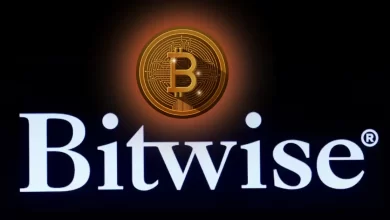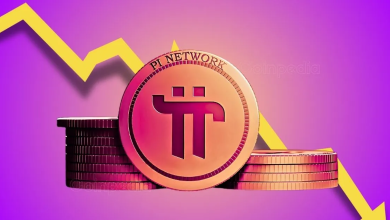
A federal judge supports Treasury sanctions on Tornado Cash, a crypto mixing service.
Ruling underscores clash between privacy and regulatory concerns.
Decision raises questions about crypto sector's future transparency and innovation.
A significant legal battle involving the clash between government authority and the interests of the crypto industry has reached a pivotal moment. A federal judge, namely Judge Robert Pitman, has ruled in favor of the Treasury Department’s decision to impose sanctions on Tornado Cash, a cryptocurrency mixing service.
This has triggered debates throughout the industry. Read on for the deets.
Cryptocurrency Mixing Service Under Scrutiny
Tornado Cash, a service designed to obscure the origins of digital asset transactions, has been at the center of controversy. The Treasury’s Office of Foreign Assets Control (OFAC) took action against the service, accusing it of laundering over $7 billion worth of cryptocurrency since its inception in 2019. In response to this, associated crypto wallets and smart contracts connected to Tornado Cash’s mixing protocol were also sanctioned by OFAC.
Legal Challenges Ahead
Six plaintiffs, including two employees from the cryptocurrency exchange Coinbase, raised objections to the Treasury’s actions. They argued that the Treasury overstepped its boundaries by blocking financial transactions tied to Tornado Cash. However, Judge Robert Pitman dismissed their requests for summary judgment. He determined that OFAC’s decisions fell within its rightful authority.
Also Read: Coinbase Halts Stablecoin Trading for Canadians Due to Regulation!
Measures for Privacy and Regulation
Critics of the Treasury’s actions have pointed out that measures like Tornado Cash’s service can facilitate illicit activities, evading oversight. Research conducted by Chainalysis revealed a link between Tornado Cash and around $2 billion in crypto stolen by North Korean hackers in 2022. This suggests that the service may play a role in obscuring the flow of stolen funds.
Supporters of the crypto industry have expressed concerns that imposing sanctions on fundamental technologies such as smart contracts might hinder innovation and discourage investment in the realm of web3. However, the court found OFAC’s designation of smart contracts as subject to sanctions to be reasonable, aligning with the law rather than contradicting it.
What Next?
The ruling sends a clear message about heightened scrutiny over privacy coins and decentralized technologies, which can obstruct regulatory oversight. Nevertheless, there remains room for solutions that strike a balance between maintaining anonymity and ensuring accountability. By adopting careful governance practices, the crypto industry has the potential to achieve its democratic goals while also tackling criminal misuse.
A Warning for the Crypto Sector
For now, the court’s affirmation of the Treasury’s broad powers to impose sanctions acts as a warning to the crypto sector. As the industry aims for wider adoption and acceptance, the expectations for transparency and adherence to regulations are on the rise, running parallel to its growth.
What do you think of the court’s ruling on Tornado Cash? Share your thoughts!








